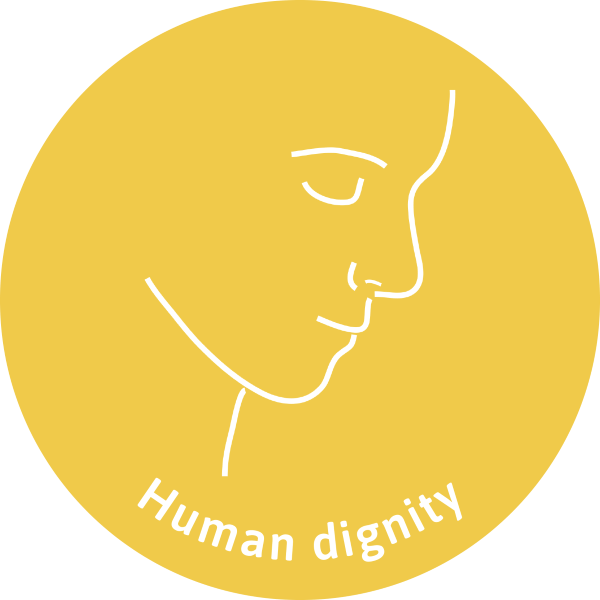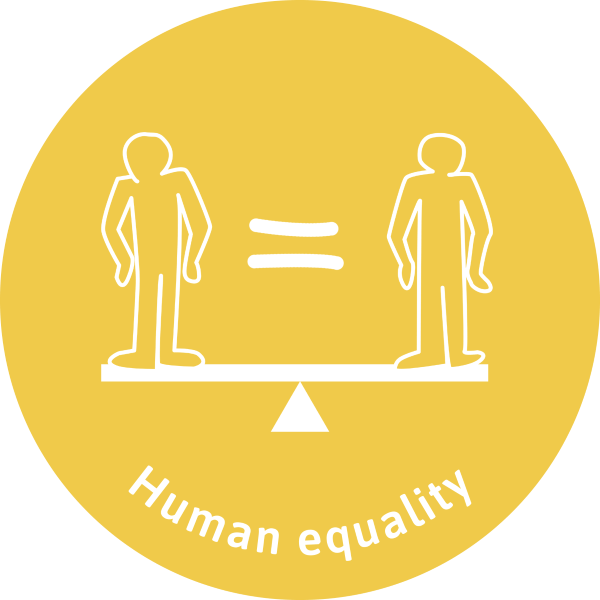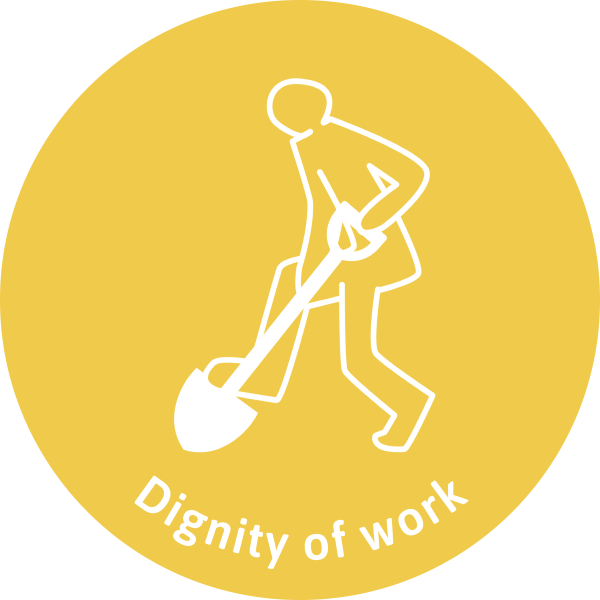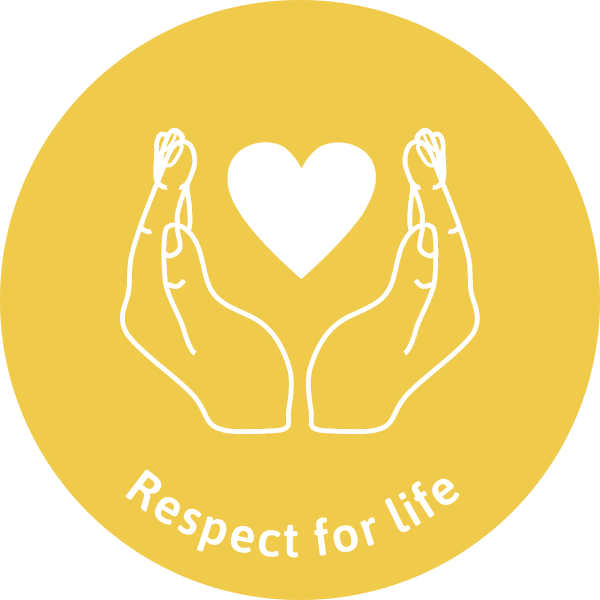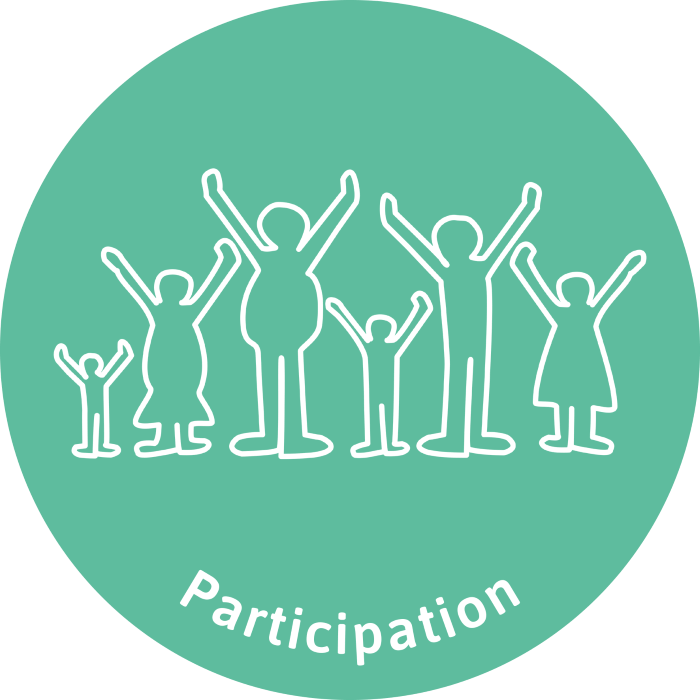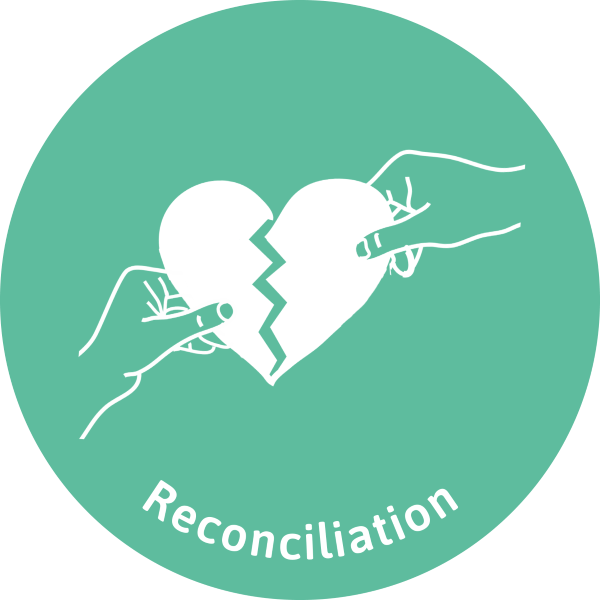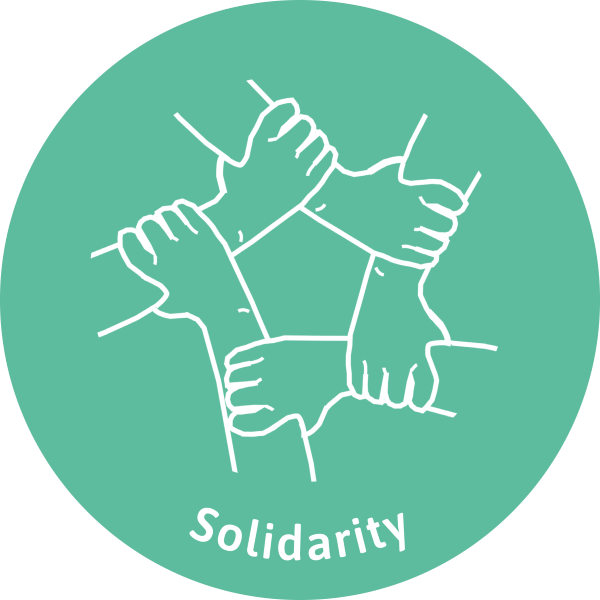Common Good Thinking
WHAT IS THE COMMON GOOD?
The Common Good is an ancient idea resonating across many traditions. But it's more than an idea. This is our definition:
"The Common Good is the shared life of a society in which everyone can flourish - as we act together in different ways that all contribute towards that goal, enabled by social conditions that mean every single person can participate. We create these conditions and pursue that goal by working together across our differences, each of us taking responsibility, according to our calling and ability."
The Common Good is something we build together - it fosters community spirit and strengthens the bonds of social trust. It transcends party political positions. See the picture and learn more by clicking on the links and icons below.
Our understanding is rooted in the Judeo-Christian tradition, and reflected in Scripture, for example, Jeremiah 29.7:
Seek the welfare of the city where I have sent you - pray to the Lord on its behalf, for in its welfare you will find your welfare.
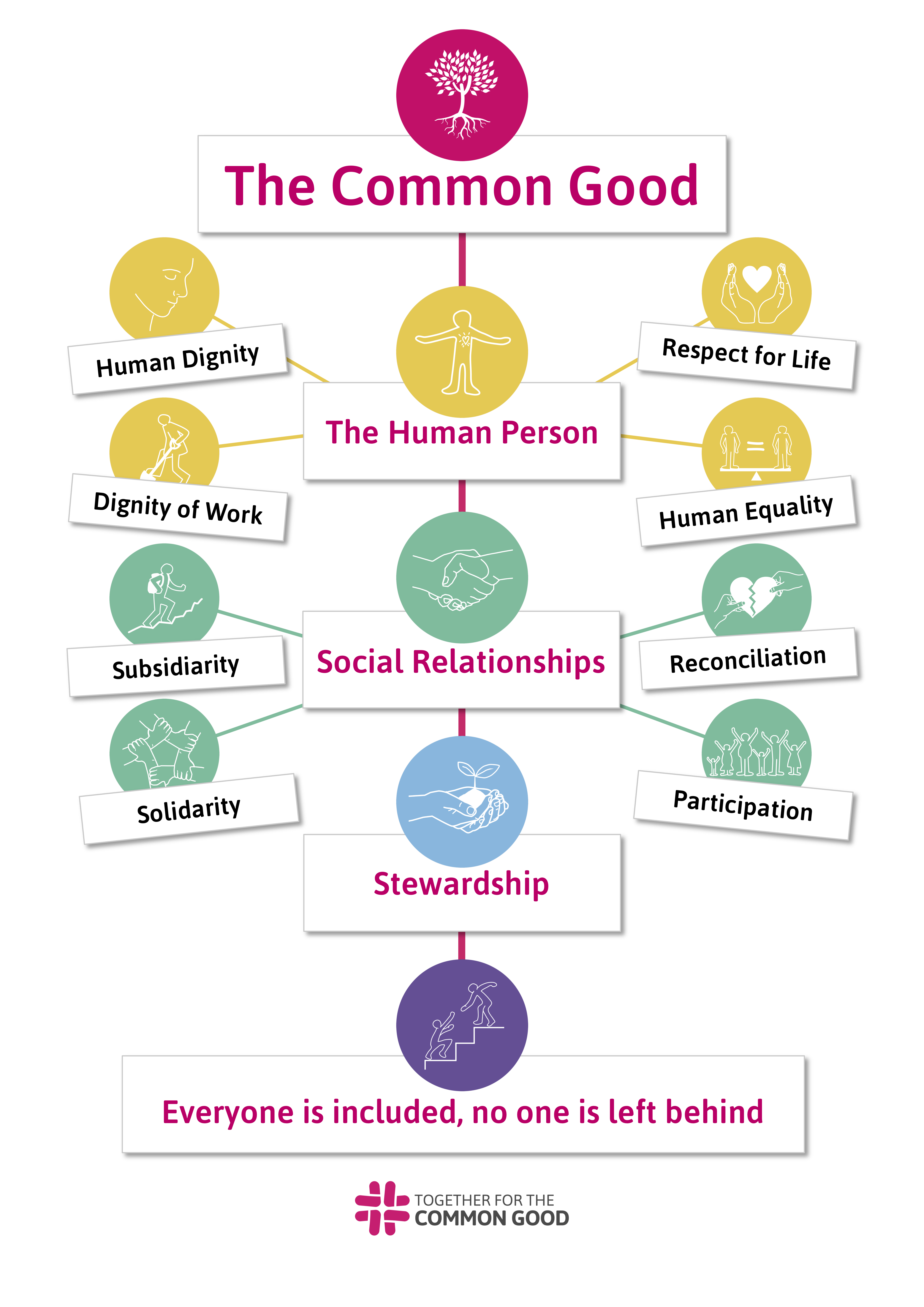
LEARN MORE
The Common Good is a rigorous, coherent and practical approach. Read more below to understand better how it can help each of us play our part in God’s great creative participation - to rebuild community in a shared story of hope.
EXPLORE THE COMMON GOOD PRINCIPLES
At the heart of Common Good Thinking is a coherent framework of principles to put into practice in our every day lives. If you click the icons below you will learn a little about each principle.
THE COMMON GOOD AND CATHOLIC SOCIAL TEACHING
Common Good Thinking draws from across the Christian traditions and Scripture, and in particular from the body of thinking known as Catholic Social Teaching. But what is it all about?
Go deeper
Explore the original source material and discover further reading and study HERE

